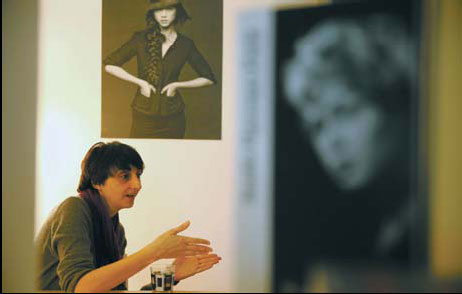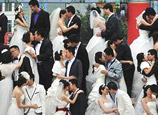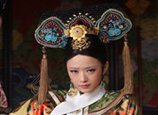
 |
| Isabelle Glachant makes a point in her Beijing studio. (Jiang Dong / China Daily) |
Isabelle Glachant had wanted to see The Artist, the Academy-Award winning French film. She quickly found out that very few theaters in Beijing were screening it, and those that did either showed it very early or very late in the day.
"I thought that to see a black-and-white French silent film in a Beijing theater would be a very special experience," says the independent producer, who also works as the China representative of Unifrance, an organization that promotes French films overseas.
She was disappointed, however. At the end of the year, Chinese theaters were showing commercially attractive films, such as Chinese Zodiac and Lost in Thailand, and there was little room for art-house films like The Artist.
A film like that, Glachant says, would have at least one week in French theaters and a special hall that would screen it all day. Theater managers get government subsidies to do that.
"Movies are art - not business. That is how we define it in Europe," she says.
Glachant is concerned not just about French art-house films but also those made in China. She has worked with some of the most celebrated Chinese art filmmakers, such as Wang Xiaoshuai, Jia Zhangke and Lu Chuan, helping them promote their works in Europe.
Her relationship with these directors goes back to 2005, when Wang Xiaoshuai's Shanghai Dreams was selected by Cannes as a competition entry. The director was bogged down by work before he set out for Cannes, and he knew no French.
He asked Glachant for help. They went to Cannes together, where Glachant also found a French buyer and distributor for his film, which took home the Jury Prize that year.
Different faces, same Chinese Dream[Special]

















 Public letter calls for gay marriage legislation
Public letter calls for gay marriage legislation


![]()
